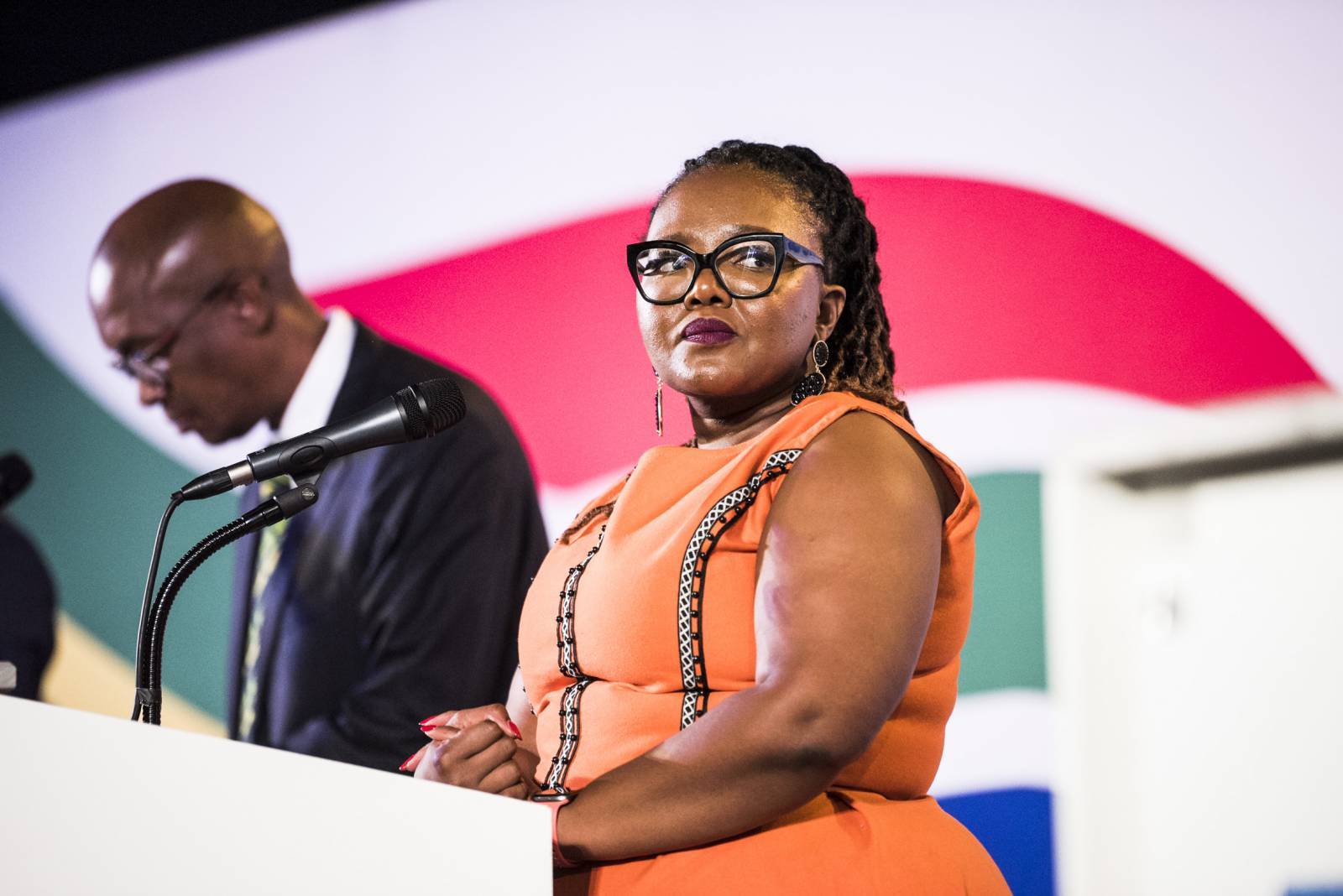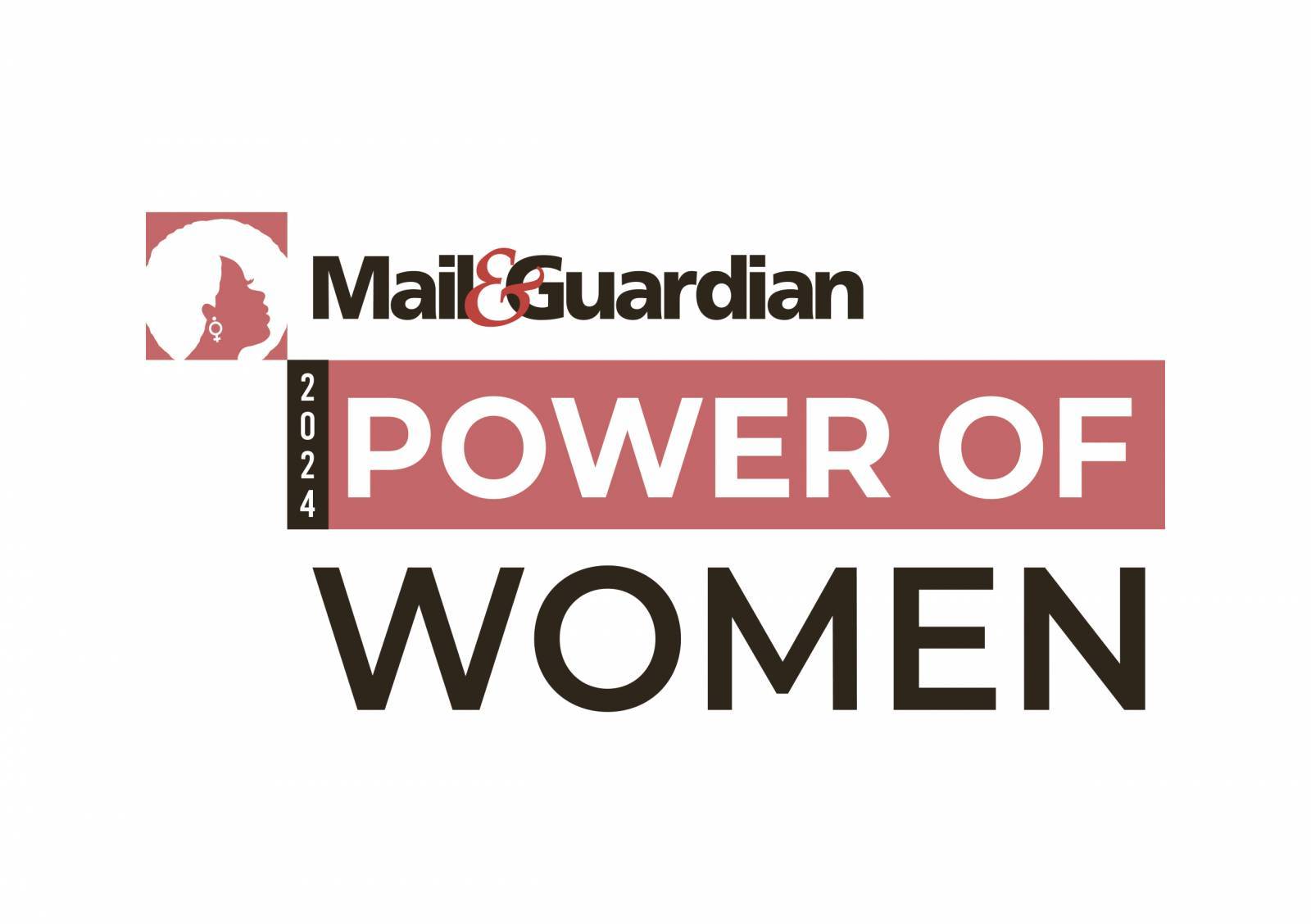The anti-globalisation lobby fired the first public salvo in its war on the World Summit on Sustainable Development (WSSD) at a series of demonstrations on Thursday — and warned it was mobilising for a frontal assault.
Hundreds of township activists converged on Johannesburg’s Jeppe Regional Court to support comrades charged with public violence in April at the home of the city’s mayor, Amos Masondo. Solidarity protests were organised in London, New York, Washington DC, Toronto and Paris.
While the catalyst in Johannesburg was the trial of the “Kensington 87”, the rhetoric was anti-summit.
“The WSSD is a gathering of the rich and powerful; it is a gathering of the hypocrites; it is a gathering of the exploiters… We’ll take Sandton,” one protest leader, Trevor Ngwane, said. Sandton is the main venue for the WSSD, starting August 26.
Thursday’s events indicate South Africa can expect the same vocal, and sometimes violent, protest that has accompanied major global gatherings since the 1999 Seattle summit of the World Trade Organisation.
Ngwane, a former city councillor expelled from the African National Congress for his anti-privatisation stance, and 86 more Soweto residents were arrested in April when they marched on Masondo’s home in Kensington, Johannesburg, demanding an end to electricity and water cut-offs.
That protest, led by the Soweto Electricity Crisis Committee that is chaired by Ngwane, turned violent as Masondo’s bodyguard fired into the crowd, reportedly wounding three.
The trial, due to have started on Thursday, was postponed to October 23 after the defence argued it had received the prosecution docket too late to prepare. But outside the court building up to 500 protestors under banners of, among others, the Anti-Privatisation Forum and Ngwane’s crisis committee, faced lines of police armed with shotguns and shields. There were no violent incidents.
Both organisations belong to a loose alliance of South African groups that mobilise around issues such as access to water, electricity and land, as well as environmental activists. They see their often-localised protests as part of a larger struggle against the ills of globalisation.
Anti-globalisation groups tend to blame multinational corporations, with the governments of the industrialised West and agencies such as the World Bank, International Monetary Fund and World Trade Organisation, for problems that beset both the world’s poor and the environment.
The Sunday Independent reported at the weekend that the National Intelligence Agency was “particularly concerned about the plans of” the Landless People’s Movement and had been questioning its leaders. The Landless People’s Movement is part of the same alliance.
All these groups are planning to march on Sandton on August 31, and are also organising what they have called a “festival of resistance to visiting heads of state” on September 2.
Ngwane told protestors: “We want it to be the biggest march in South Africa under the new regime … since Thabo Mbeki took over.”
A number of speakers attacked Mbeki and his government for policies including the privatisation of basic services and the New Partnership for Africa’s Development (Nepad). Ngwane said while the WSSD ostensibly promised to alleviate poverty through sustainable development, “the very same country that is hosting it is evicting people from houses, cutting electricity. In fact they’re doing exactly the opposite.”
Dennis Brutus, a veteran anti-apartheid campaigner and political prisoner now prominent in the international anti-globalisation movement, called the WSSD “a summit designed to increase hunger [and] hardship”.
At the time of going to press the outcome of the protests abroad, which were to be convened outside South African embassies and consulates late on Thursday, was not known.
A London organisation helping to organise these protests, Globalise Resistance, said on its website: “Disconnections, evictions and the seizure of property, often carried out at gunpoint, are being spontaneously resisted all over [South Africa]. As resistance becomes progressively more organised with strong local, national and international networks forming … more repression is anticipated.”
Meanwhile groups not necessarily part of the anti-globalisation lobby but with radical agendas of their own are also converging on Johannesburg. Environmental activist group Greenpeace has set up an office in Sandton and is considering its options for protest.
Greenpeace has expressed serious reservations about the summit agenda. “The failure to include concrete targets and timetables for action on sustainable development defeats the entire purpose of the Summit,” Greenpeace political director Remi Parmentier said in an earlier statement.
This week Greenpeace spokesperson Sara Holden would not be drawn on protest plans, reportedly saying: “I would like to give you some idea of what we have planned but I will not do so.”
The police, assisted by the defence force, metro police and, according to an earlier police statement, “other relevant security agencies”, are preparing to counter any attempt at disruption.
The police statement said: “Our information gathering is intelligence-driven and we are geared to deal with any crisis should one arise … Stop and search operations as well as roadblocks are determined by tactical intelligence daily. The vacation leave of South African Police Service members has been cancelled for the period of the summit.”
In addition, a no-go zone will be demarcated around the summit venue in Sandton. The statement says only approved marches will be allowed, and only along a pre-determined 1,8km route. “The police are present to ensure the safety of demonstrators, citizens and property. Should an illegal gathering or march take place, the security forces will take the necessary action.”
Additional reporting by Fiona Macleod


